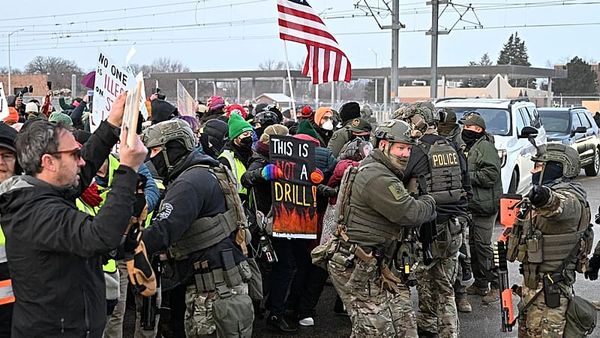
Jordan is set to face significant challenges if the funding for the United Nations Relief and Works Agency for Palestine Refugees in the Near East (UNRWA) is not resumed. As one of the key host countries for Palestinian refugees, Jordan heavily relies on the support provided by UNRWA to meet the needs of this vulnerable population.
UNRWA plays a crucial role in providing essential services such as education, healthcare, and social welfare to over two million registered Palestinian refugees across the region. With a significant number of these refugees residing in Jordan, any interruption in funding would have dire consequences for the country.
The agency has been facing a financial crisis, largely due to the United States' decision to halt its contributions to UNRWA in 2018. This decision has left a significant funding gap that threatens the sustainability of the agency's operations. While other countries and organizations have stepped in to provide temporary support, the long-term financial stability of UNRWA remains uncertain.
The impact of a potential funding shortfall would be felt most acutely in Jordan. The country is home to approximately 2.2 million registered Palestinian refugees, who rely on UNRWA's services for their basic needs. Education is particularly crucial, as UNRWA operates around 172 schools in Jordan, providing education to more than 122,000 students. Without this vital support, the education of Palestinian refugee children would be jeopardized, potentially leading to a generation deprived of adequate learning opportunities.
In addition to education, UNRWA also provides healthcare services to the Palestinian refugee population in Jordan. Through a network of clinics and health centers, the agency delivers primary healthcare, maternal and child care, and specialized services for chronic diseases. Losing access to these healthcare services would not only harm the well-being of Palestinian refugees but would also put additional strain on Jordan's healthcare system.
Furthermore, UNRWA's social welfare programs are instrumental in ensuring the basic needs of Palestinian refugee families are met. The agency provides food assistance, cash transfers, and other forms of support to vulnerable individuals and families. Without this assistance, many vulnerable refugees would face increased poverty, hunger, and instability, exacerbating the already difficult conditions they face.
Beyond the immediate socioeconomic impact, the absence of UNRWA's funding could have broader implications for regional stability. The agency has been playing a critical role in promoting stability and supporting peace efforts in the region. It is instrumental in addressing the needs of Palestinian refugees and preventing further marginalization, which is vital for any sustainable resolution to the Israeli-Palestinian conflict.
Recognizing the importance of UNRWA's work, the international community must come together to ensure the agency's funding is resumed. Governments, international organizations, and the private sector all have a role to play in supporting UNRWA and preventing a humanitarian crisis in Jordan and the wider region.
Efforts to promote peace and address the underlying causes of this long-standing conflict must go hand in hand with providing vital support to the affected populations. By supporting UNRWA, the international community can help alleviate the burden on Jordan and ensure that Palestinian refugees have access to the services they desperately need for their basic well-being and a better future.







